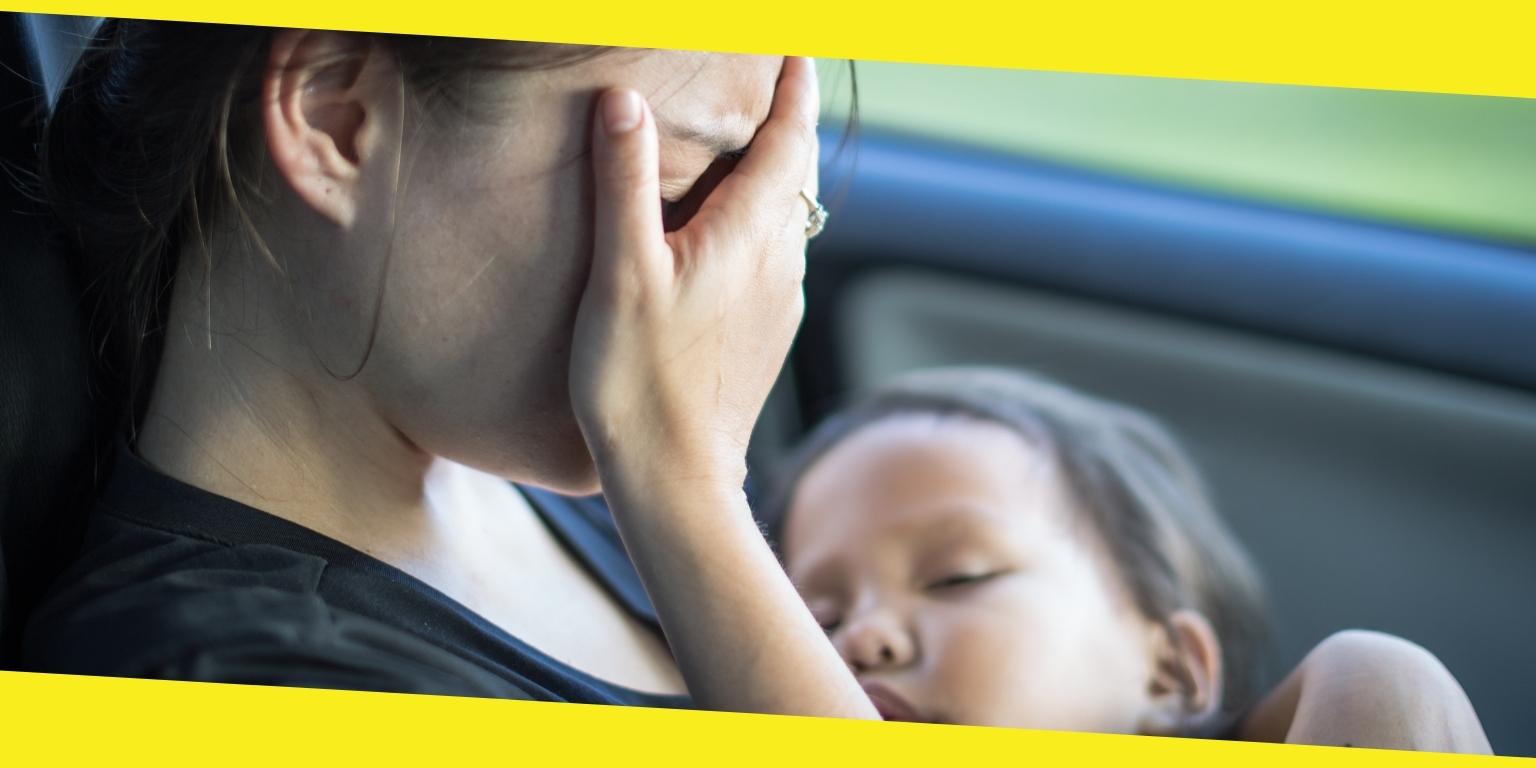
Postpartum depression is a complex mix of physical, emotional, and behavioral changes that happen to some women after giving birth. This depression can last for several months or years. Women with a history of depression, bipolar disorder, or other mental health conditions have high chances of developing Howell postpartum depression. This condition can make you experience mood changes, fatigue, guilt, anxiety, and trouble taking care of your baby. Postpartum depression symptoms vary in different mothers from mild to severe.
Types
Doctors describe mood changes in postpartum depression in three ways which include:
Baby blues: These mood changes happen in about seventy percent of women right after childbirth. You may experience sudden mood swings like feeling very happy and sad. Crying for no reason and feeling impatient, cranky, restless, anxious, and lonely are other changes in the baby blues stage. Baby blues mostly last a few hours or one or two weeks after delivery. They do not need medical treatment. Engaging in social groups can help eliminate baby blues.
Postpartum depression: Mood changes in postpartum depression can happen a few days or months after childbirth. It can occur after the birth of any child. You may experience feelings similar to those in baby blues, like sadness, despair, anxiety, and crankiness, but they are stronger. Postpartum depression hinders you from doing your usual activities. If your depression alters your daily functioning, you need medical care. Postpartum depression is a severe condition, but your doctor can treat it through medication and counseling.
Postpartum psychosis: Psychosis is a severe mental health condition that can affect women after childbirth. Postpartum psychosis can occur suddenly, commonly within the first three months after delivery. Losing touch with reality, having auditory hallucinations, and getting delusions are common signs of this disorder. Visual hallucinations, insomnia, agitation and anger, pacing, restlessness, and strange feelings or behaviors are less common signs. Women with postpartum psychosis need immediate medical attention. In some cases, patients with this condition are admitted to hospitals to reduce the risk of hurting themselves or others.
Treatment
Doctors treat postpartum depression depending on an individual’s signs and symptoms. The treatments commonly used include:
Medications: Antidepressants are commonly used drugs used to treat depression. They help reduce many symptoms of depression, but it takes between six to eight weeks before you see the results. Sometimes you may need to try different antidepressants before finding one that suits your condition and has manageable side effects. Most antidepressants cause side effects, but they vary in severity. Agitation, anxiety, digestive issues, and headaches are the common side effects of depression.
Hormone therapy: After giving birth, your estrogen and progesterone levels drop dramatically. This change of hormones can play a role in postpartum depression. Your doctor will use hormone therapy to manage your depression.
Therapy: Cognitive behavioral therapy reduces postpartum depression symptoms. It helps you change your thinking patterns and promote confidence in your abilities.
Natural remedies: Besides medical treatment, you can reduce your postpartum depression through exercises, yoga, and taking nature walks.
Finally, reaching out to family and friends and joining support groups can also help improve your depression symptoms. Schedule an appointment at ReYou for postpartum depression treatment to raise your baby correctly without any depression symptoms.